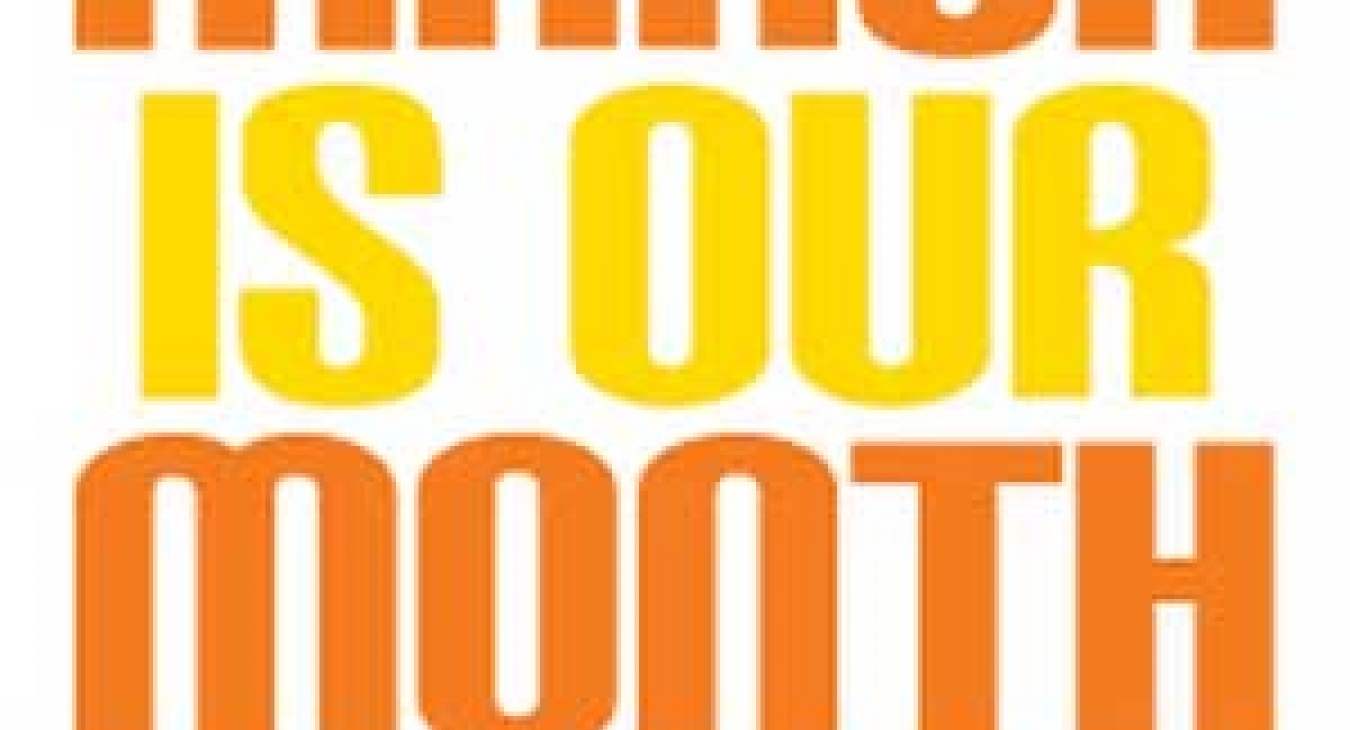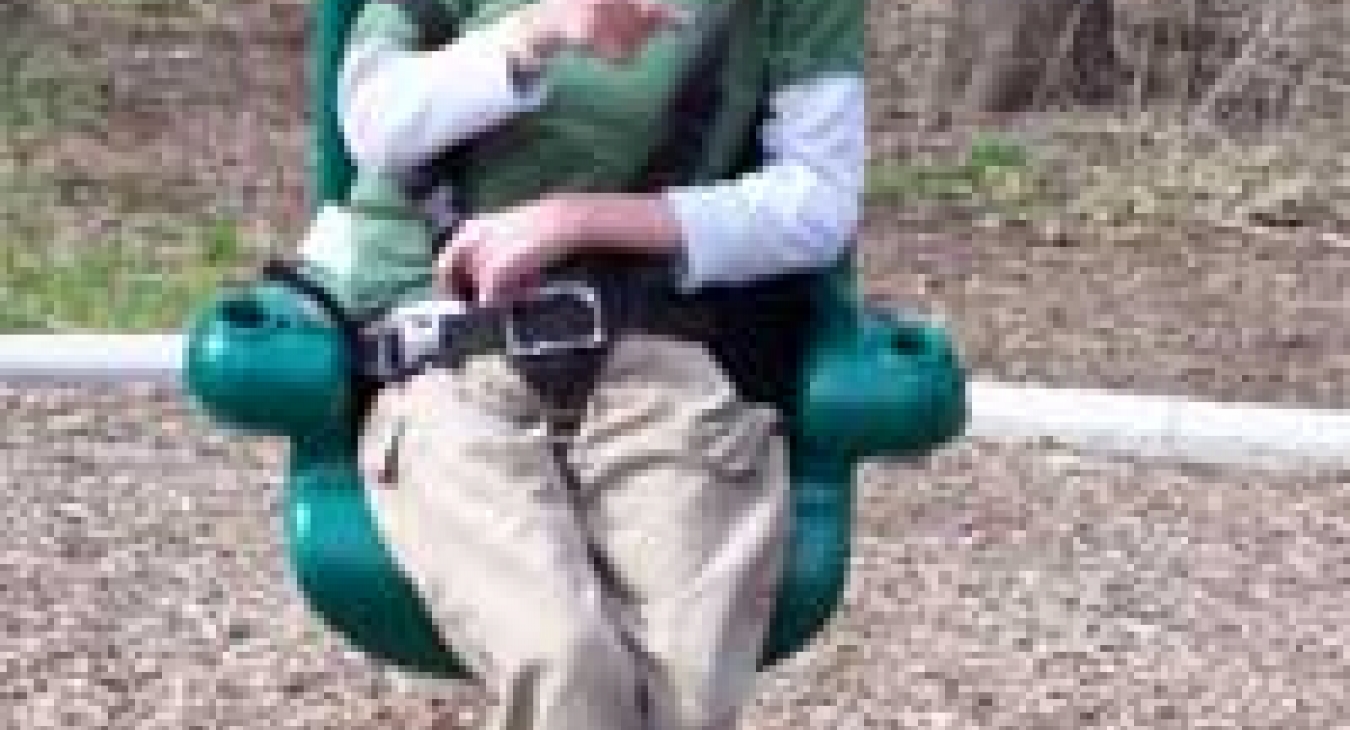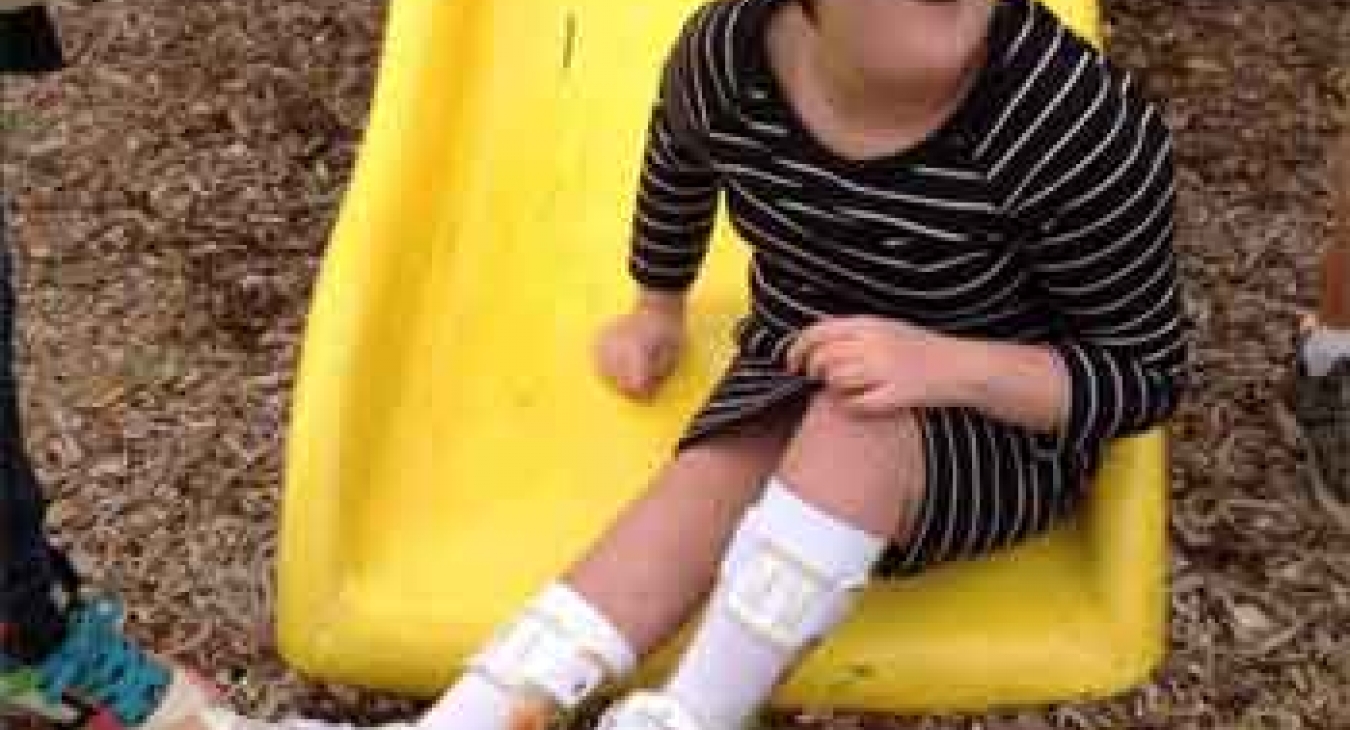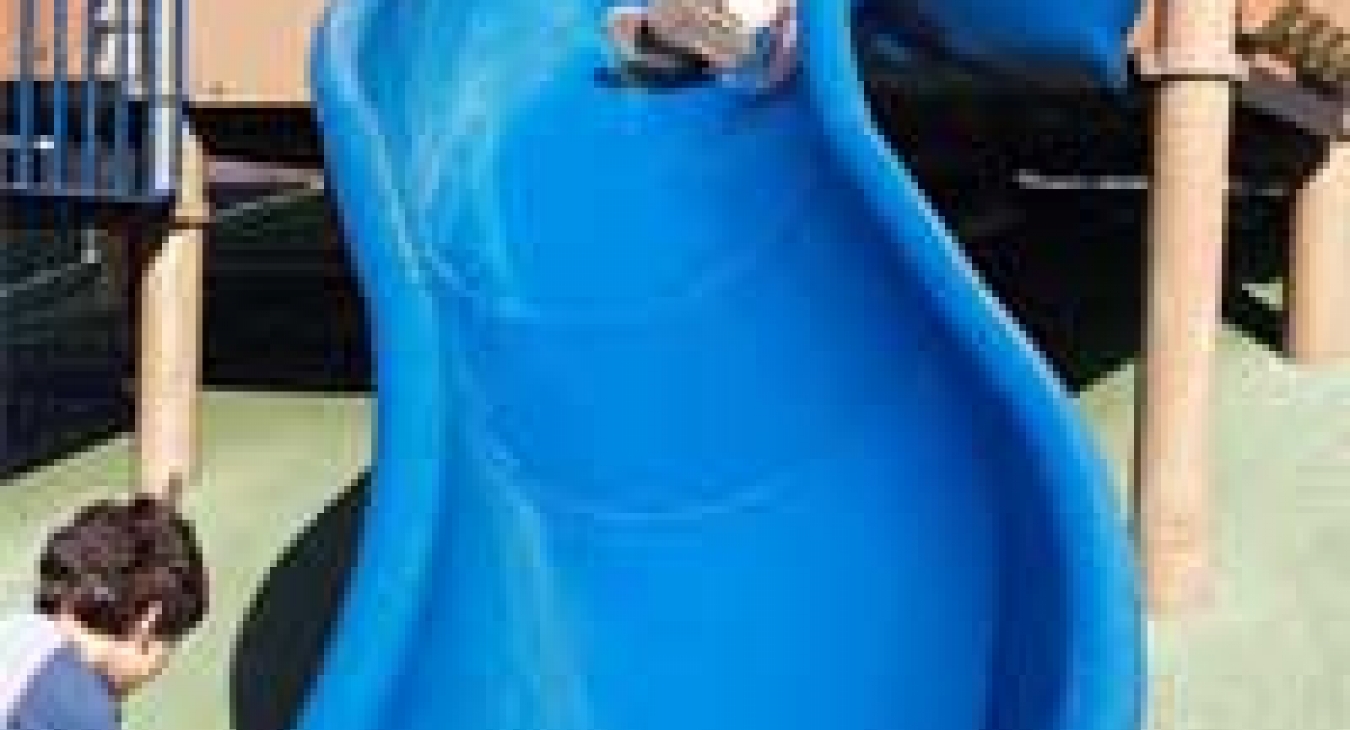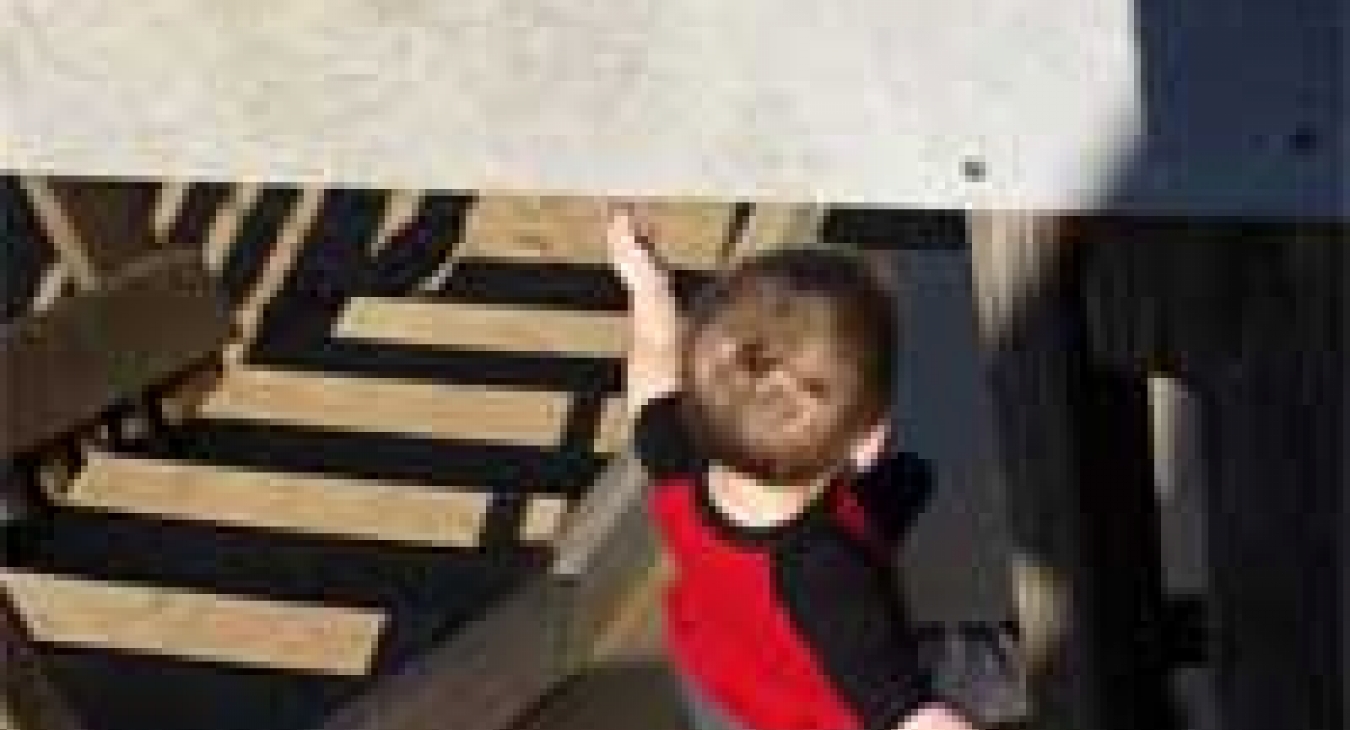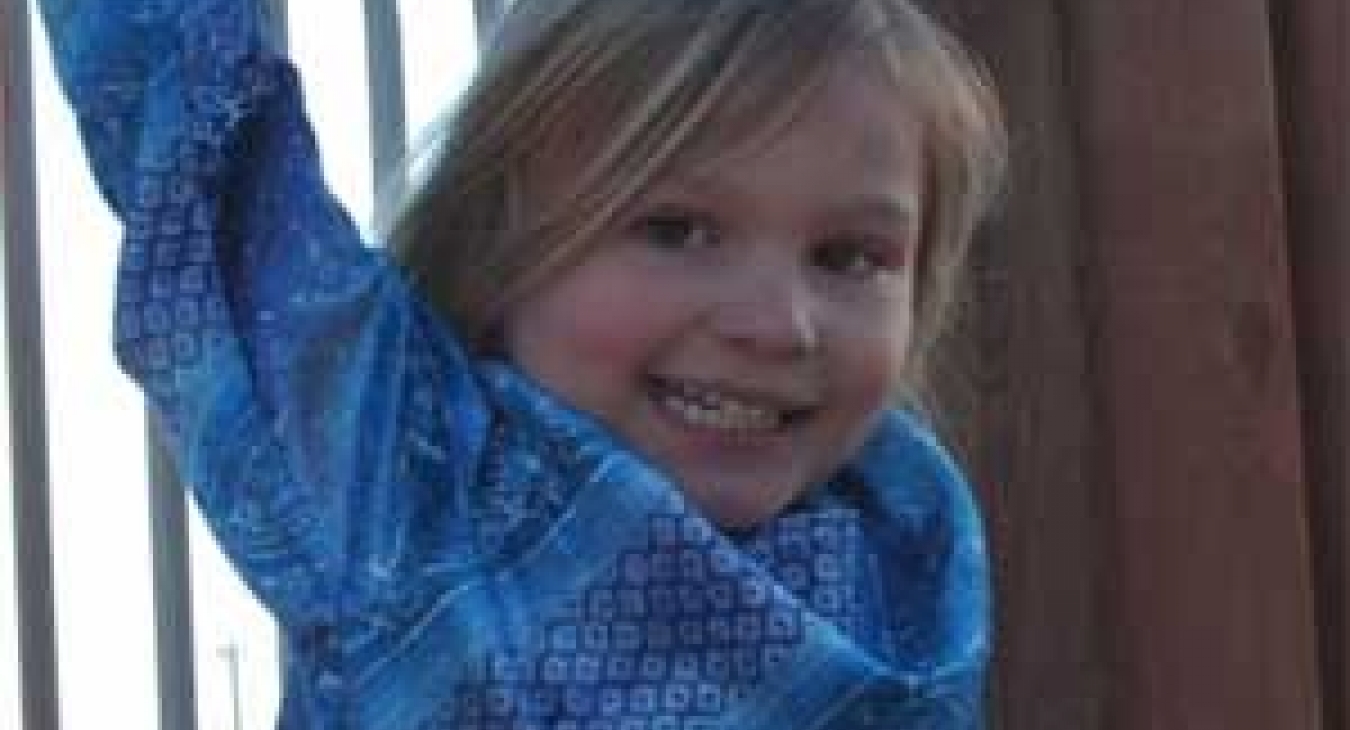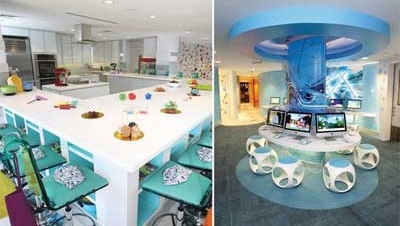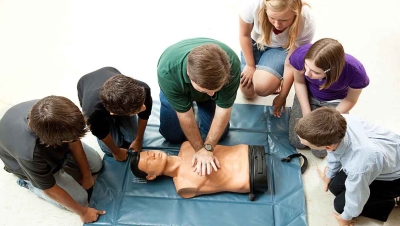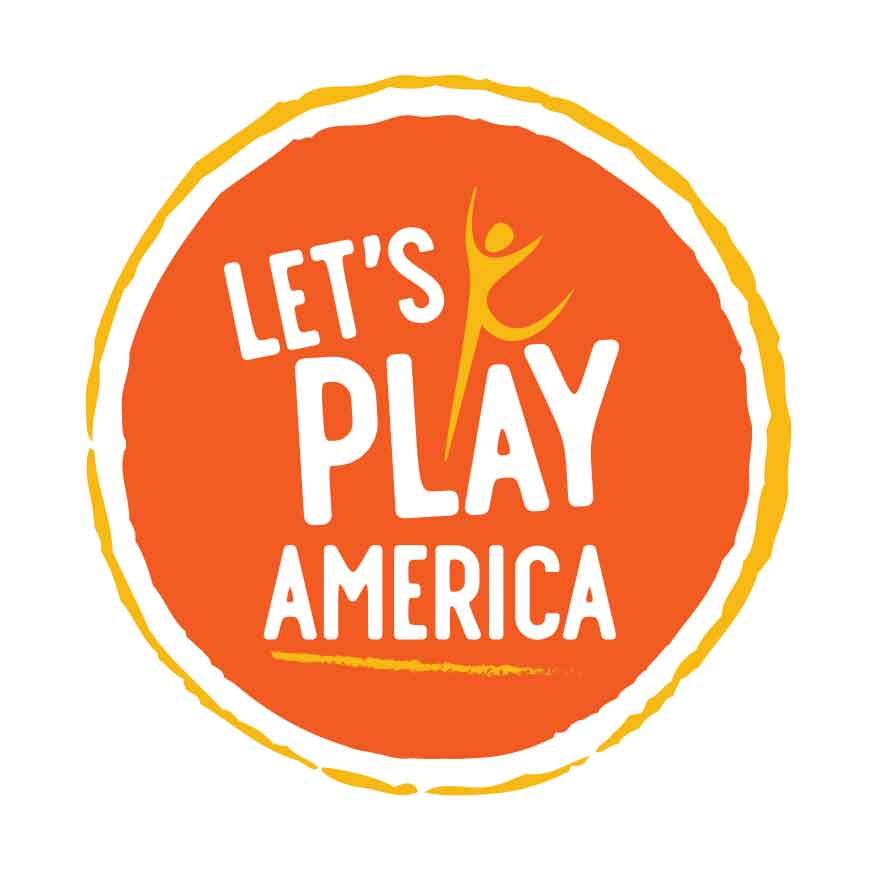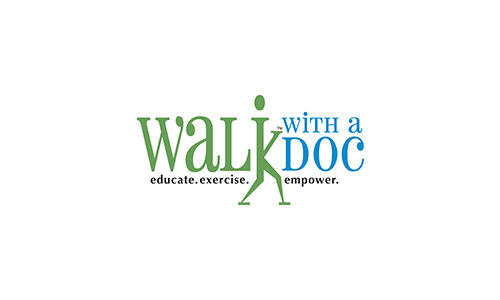Developmental Disability Awareness Month
In 1987, President Ronald Reagan declared March to be Developmental Disabilities Awareness Month, urging “all Americans to join me in according to our fellow citizens with such disabilities both encouragement and the opportunities they need to lead productive lives and to achieve their full potential.”
 We continue to make great strides in the inclusion of people with developmental disabilities in education, recreation, work, worship, and community involvement. Recently the Early Childhood Education Zone published a list of the best 50 playgrounds. It is amazing that almost 50% of them are inclusive. Just a few years ago, that would not have been the case. On the other hand, 50% of them are not inclusive, meaning that those playgrounds are not serving everyone in their community. We still have much work to do to ensure our communities are open and welcoming to all children.
We continue to make great strides in the inclusion of people with developmental disabilities in education, recreation, work, worship, and community involvement. Recently the Early Childhood Education Zone published a list of the best 50 playgrounds. It is amazing that almost 50% of them are inclusive. Just a few years ago, that would not have been the case. On the other hand, 50% of them are not inclusive, meaning that those playgrounds are not serving everyone in their community. We still have much work to do to ensure our communities are open and welcoming to all children.
According to the Centers for Disease Control and Prevention (CDC), developmental disabilities are a group of conditions due to an impairment in physical, learning, language, or behavior areas. These conditions begin during the developmental period, may impact day-to-day functioning, and usually last throughout a person’s lifetime. Most developmental disabilities begin before a baby is born, but some can happen after birth because of injury, infection, or other factors.
 Developmental disabilities occur among all racial, ethnic, and socioeconomic groups. Recent estimates in the United States show that about one in six, or about 15%, of children aged 3 through 17 years have one or more developmental disabilities, such as ADHD, autism spectrum disorders, cerebral palsy, hearing loss, intellectual disability, learning disability, and vision impairment.
Developmental disabilities occur among all racial, ethnic, and socioeconomic groups. Recent estimates in the United States show that about one in six, or about 15%, of children aged 3 through 17 years have one or more developmental disabilities, such as ADHD, autism spectrum disorders, cerebral palsy, hearing loss, intellectual disability, learning disability, and vision impairment.
Here are some suggestions for you for Developmental Disability Month:
1. Change your profile picture on Facebook to the “March is Our Month” logo and encourage others to do the same.
2. Share pictures of children with developmental disabilities having fun and enjoying the playground, such as the ones we have shared throughout this column.

3. Call your local parks and recreation department to find out if there are any inclusive playgrounds in your community. If there aren’t, ask if there is committee or organization that is working on one that you could join.
4. Learn about playground bullying and what you can do to stop it. Parents who are raising children with disabilities often tell me the biggest obstacle to inclusion is not the layout of the playground, but rather how other children are interacting with theirs. Here is what one Pittsburgh mother told me, and many others agreed too:
"My son loves playgrounds, but he has a social delay (and speech delay and low tone/weakness) due to Autism, so he doesn't typically speak to other kids on the playground without me prompting him. He also doesn't speak up for himself. This has led to a few situations where he has been bullied and even hit/hair pulled/etc. while on playgrounds. So I have to watch him closely as he won't tell another child to stop or ask an adult for help when this happens.”
Another mom gave this suggestion, which I believe would work great for both the child with and without the disability:
"My younger two daughters with ASD had a script for the playground. "HI, MY NAME IS LAVENDER. CAN I PLAY WITH YOU?” When they were under 7 years old, it worked great as kids wanted to run, not to talk. As they got older, it got tougher. I gave them several questions to be able to ask that helped. ‘What's the last movie you saw’ or ‘Have you ever gone on a vacation’ or ‘who is your favorite Disney princess.’. With questions like these, they were able to fill those awkward pauses. It really helps.”
Here are some websites you can checkout:
http://www.stopbullying.gov/
www.peacefulplaygrounds.com
5. Pledge to Spread the Word to End the R-Word. The R-word is the word “retard(ed).” The R-word hurts because it is exclusive. It's offensive. It's derogatory.
This campaign asks people to pledge to stop saying the R-word as a starting point toward creating more accepting attitudes and communities for all people. Language affects attitudes and attitudes affect actions. Pledge today to use respectful, people-first language.
6. Take time to talk to your children that disability is natural. Encourage understanding, respect and friendships. Not sure how to answer a question yourself? Contact The Arc in your community for answers.
7. Read a book to your child about play and disabilities, such as:
Can I Play Too by Mo Willems
Andy and his Yellow Frisbee by Mary Thompson
Looking after Louis by Lesley Ely
Danny and the Merry-Go-Round by Nan Holcomb
8. Tweet this. March is Developmental Disabilities Awareness Month. Know someone w/autism, Down syndrome, etc? Celebrate people. #ddaware


Source


